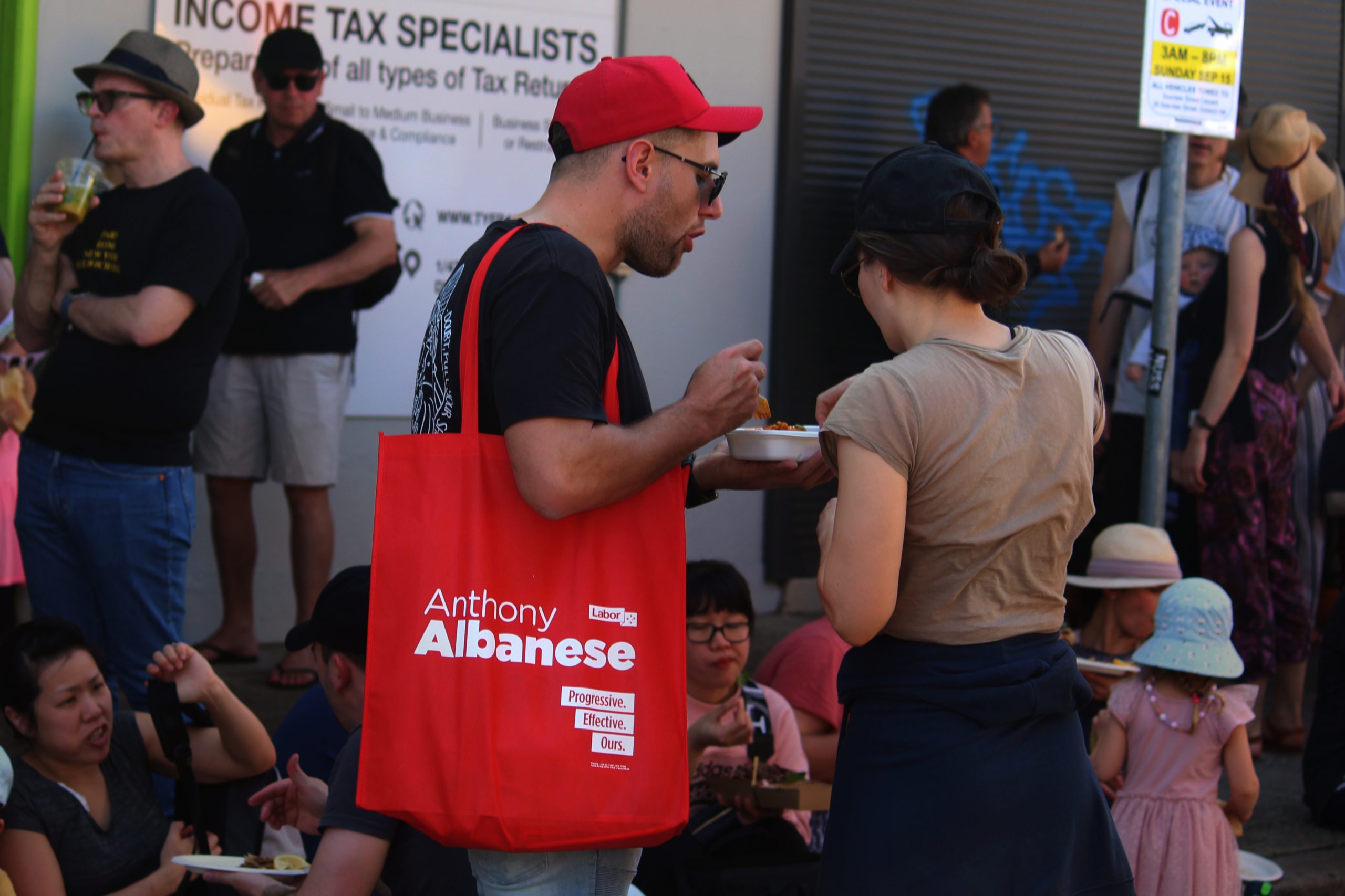The Inside Word

Albo’s Pincered: On Politics, Policy, and Palestine
As missiles rain down in the Middle East and the drumbeat of a wider war escalates, a similar political storm threatens the survival of the Albanese Government.
The ALP is facing a perfect storm as a barrage of political missiles from the left and right targets its policies and stance on Palestine. All of this culminates in a falling primary vote for the government, a rising opposition, and the very real prospect of a one-term government.
On the left, the Greens continue to mount a relentless offensive against inner-city ALP seats in Melbourne, Sydney, and Brisbane. The lightning rod for their campaign is the lack of affordability and availability in the rental and housing markets. For both the younger generation and those not so young, this basic right is galvanising resentment against the incumbent government.
Whilst the Government attempts, for a second time, to pass its housing legislation bill, failure could trigger a double dissolution election—an outcome that would prove catastrophic for the ALP.
On the economic front, the persistent cost-of-living crisis continues, as energy, grocery, and interest rates remain elevated. Despite the $15.8 billion surplus announced this week by Treasurer Chalmers for 2023-2024, the Reserve Bank Board remains unmoved to cut interest rates.
To add insult to injury, Minister Bowen’s 43 per cent renewable energy target by 2030 looks increasingly shaky, with one of the government’s signature projects, hydrogen, on life support. Recent announcements by Origin Energy and Andrew Forrest that they would cease hydrogen projects in both the Hunter and WA have dealt a significant blow to the Government’s credentials on climate and energy.
With less than eight months until the election, a cut in rates is essential if the government is to regain some of its economic credibility against a resurgent opposition accusing the Albanese Government of profligate fiscal management. Compounding these challenges was the recent leak within Treasury revealing that the government was considering changes to negative gearing and capital gains tax—both policies that were rejected at the 2019 election, allowing Scott Morrison to snatch victory from the jaws of defeat. Just ask Bill Shorten.
Internally, the civil war within the ALP’s union base bodes very poorly for the Government. The decision to place the CFMEU into administration has led to an all-out war with the militant construction union, attacking both the leadership of the ALP and the ACTU. The old saying, “If you can’t get your own house in order, how can you govern the country?” has never rung truer.
On the right, the Coalition under Peter Dutton continues to grow stronger, with their primary vote approaching 40 per cent—a 10-point lead over the ALP. The consistency of the opposition’s messaging on immigration, national security, and economic management resonates loudly with outer suburban and regional voters, further widening the voter gap in middle Australia.
However, all these problems pale into insignificance compared to the dangerous religious fault line emerging around politics and policy on Palestine and its direct link to the Muslim and Jewish communities in urban Australia.
The ALP is getting squeezed in its heartland seats of western Sydney and Melbourne by a hostile Islamic and Lebanese population unhappy with the government’s response to Palestine and Israel’s military campaign against Hamas and Hezbollah.
For the first time in Australian history, an Islamic party will run in the next federal election, targeting ALP members in once-safe seats. This is a dangerous development that threatens the margins of senior ALP Cabinet ministers.
Conversely, those seats with high Jewish populations, now occupied by the Teals, are threatened by a resurgent Liberal Party’s steadfast support for Israel under Peter Dutton.
Looking to the future, the prospect of a hung parliament with either the Greens or the Teals may be the best chance for the current government to hold on to power after the next election.
However, in recent weeks, it has become increasingly clear that the Albanese Government may face the prospect of becoming a one-term administration.
Prime Minister Albanese will need to develop his own “Iron Dome” to intercept the political missiles coming from the left, right, and, most dangerously, the growing religious disharmony spreading from the Middle East to the suburbs of Australia.


